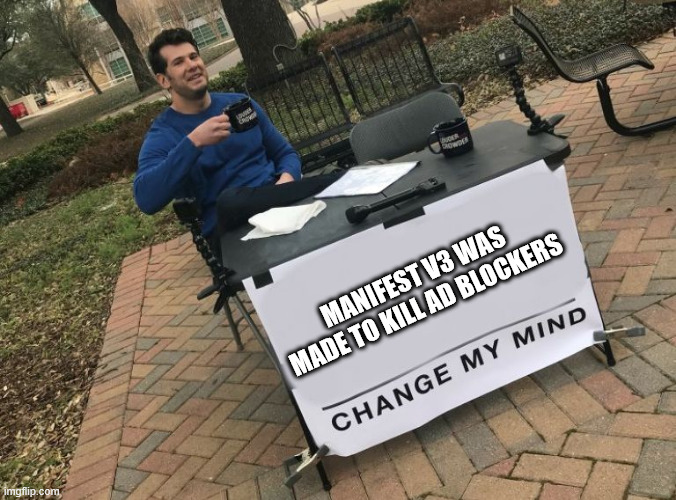Google Chrome has officially begun disabling uBlock Origin, one of the most popular and effective ad-blocking extensions on the internet. This change follows the long-anticipated retirement of Manifest V2, the extension platform that powered the full-featured version of uBlock Origin.
This move has left millions of users unable to use the extension, sparking frustration among privacy-conscious internet users and long-time supporters of ad-free browsing. The disabling process is being rolled out in stages, with many users already receiving notices that uBlock Origin is “no longer supported” and has been automatically disabled.
The root cause of this shift lies in Chrome’s transition from Manifest V2 to Manifest V3, a new standard for browser extensions. While Google claims this change improves performance and security, critics argue that Manifest V3 restricts the capabilities of ad blockers by limiting access to the Web Request API—an essential tool for blocking and modifying web traffic in real time.

uBlock Origin’s creator, Raymond Hill (also known as gorhill), had previously warned that the extension’s full version would not be feasible under Manifest V3. As a result, the original uBlock Origin, with its advanced filtering and dynamic blocking features, cannot operate within the new extension framework.
For years, uBlock Origin has served as a trusted tool for users seeking to block intrusive ads, trackers, and unwanted scripts across websites. Its sudden removal from the Chrome ecosystem has created a notable gap in browser-based privacy tools. Users who relied on the extension to reduce distractions, speed up browsing, and enhance online security are now left without a direct replacement within Chrome itself.
The Chrome Web Store no longer allows new installations of the original uBlock Origin extension, and existing installations are being phased out through automatic disabling. Some users have reported being unable to re-enable the extension manually, even via Chrome’s developer settings.
The disabling of uBlock Origin has also reignited discussions about the influence of the advertising industry on browser development. Google, whose primary business model revolves around advertising, has faced criticism for limiting tools that block ads and trackers. Industry analysts point out that this move benefits advertisers at the expense of users who prioritize privacy and control.
Online forums and social media platforms are flooded with backlash, with users accusing Google of prioritizing profits over user experience. Many are questioning the browser’s long-term direction and transparency in balancing innovation with user rights.
The final retirement of Manifest V2 is expected to be completed within months. By that time, all extensions relying on the older standard—including uBlock Origin—will be completely nonfunctional on Chrome. This marks a significant turning point in browser extension history, as one of the most powerful open-source ad blockers is effectively removed from the world’s most used browser.
The official disabling of uBlock Origin in Chrome represents a major shift in browser policy and user freedom. While Google frames this change as a technical upgrade, many see it as a restriction on user choice and privacy. As Manifest V3 becomes the default extension framework, Chrome’s compatibility with powerful ad-blocking tools has been fundamentally altered—ushering in a new era of browser control, one that many believe is less open than before.











